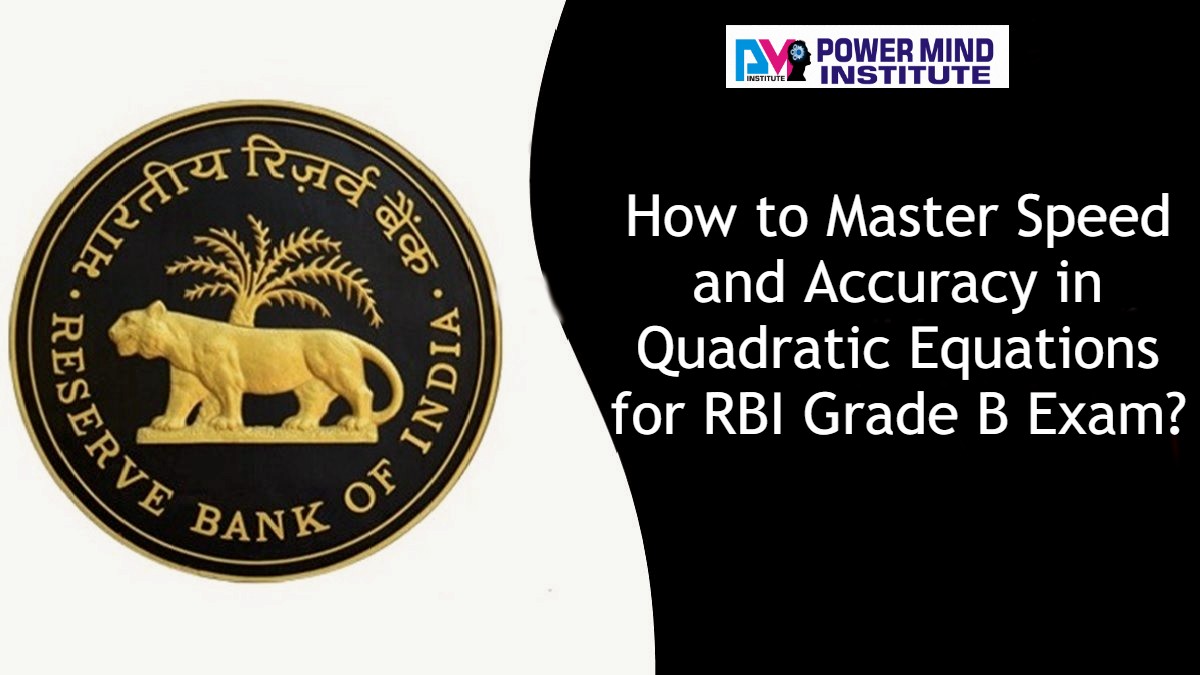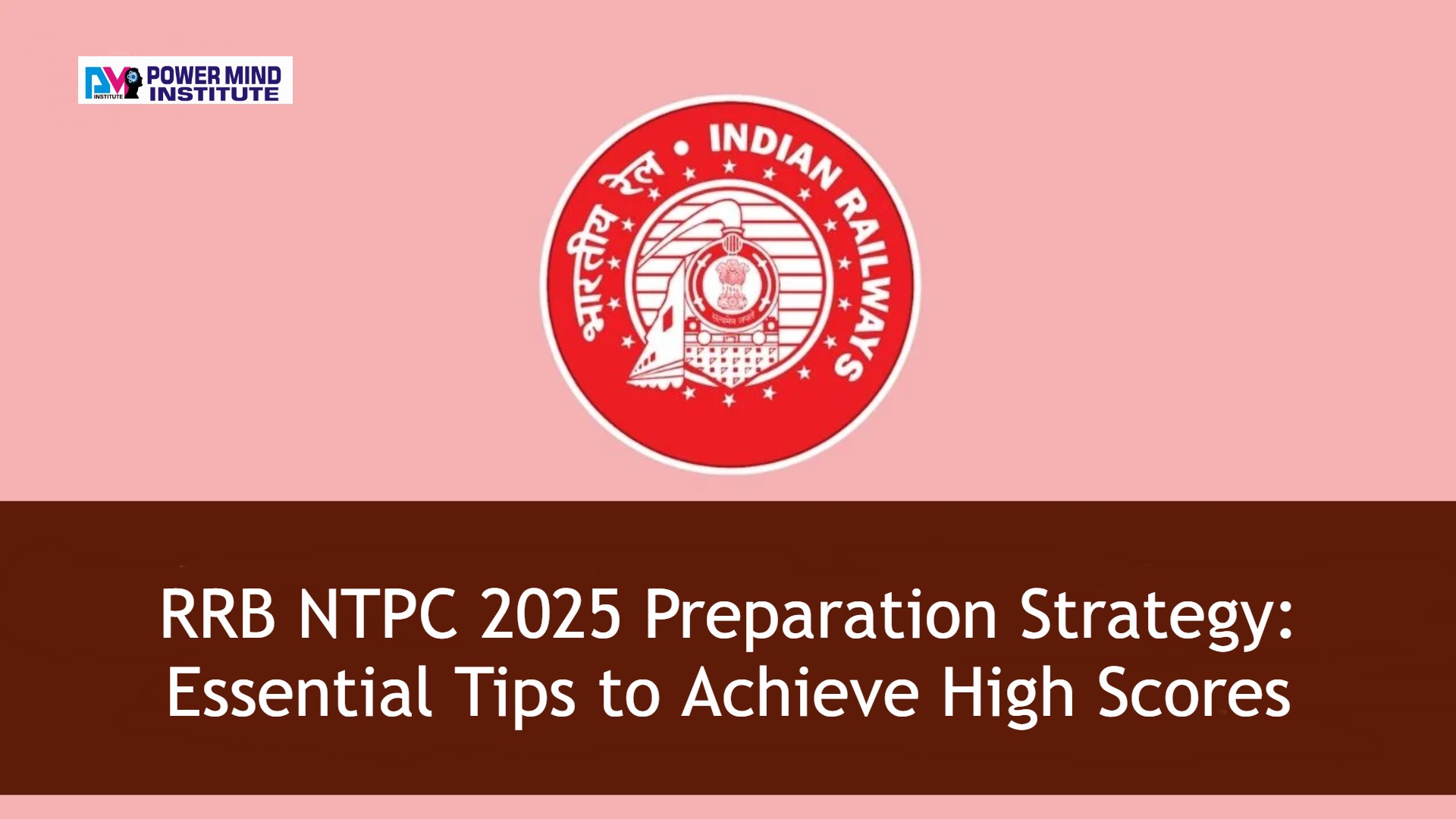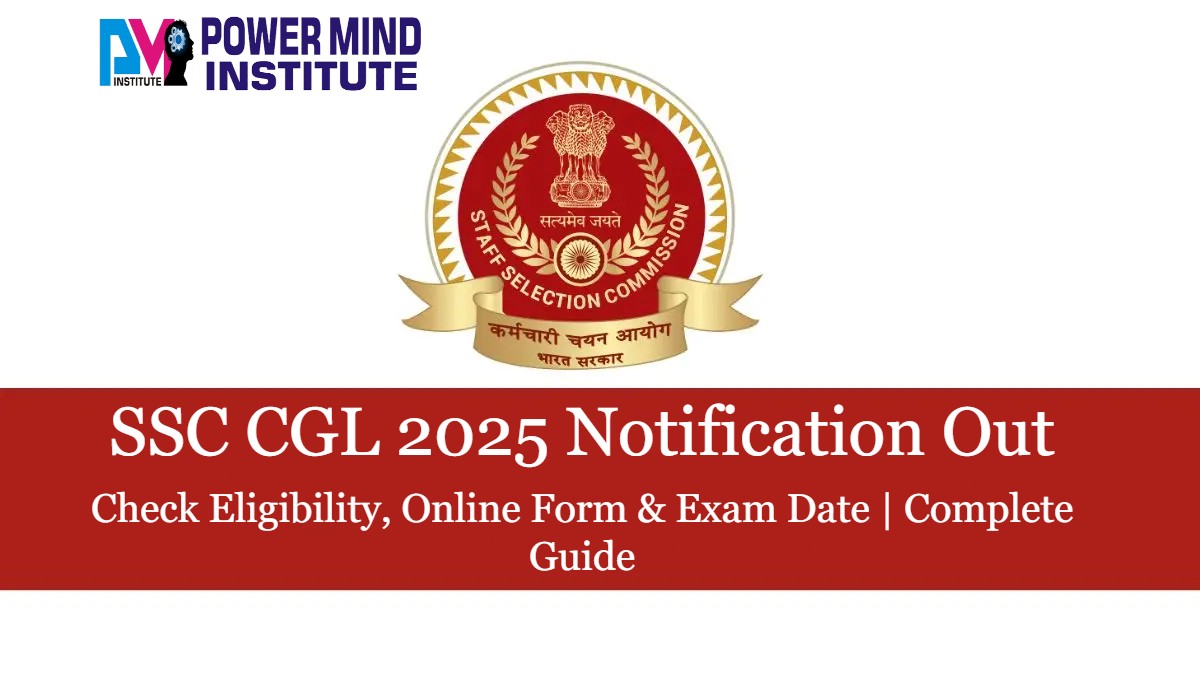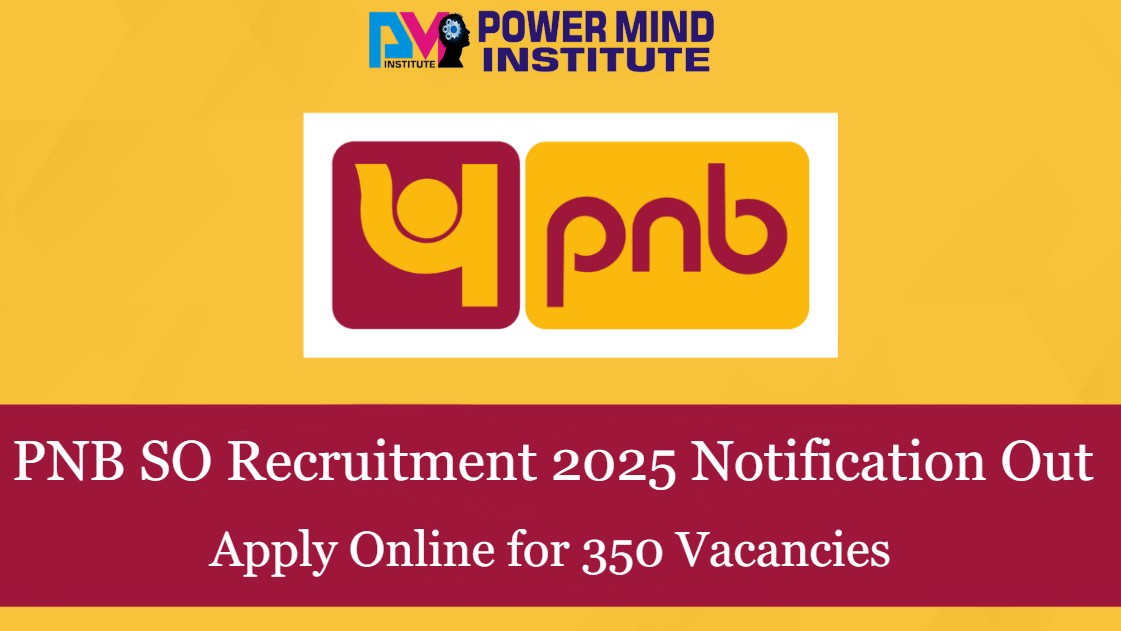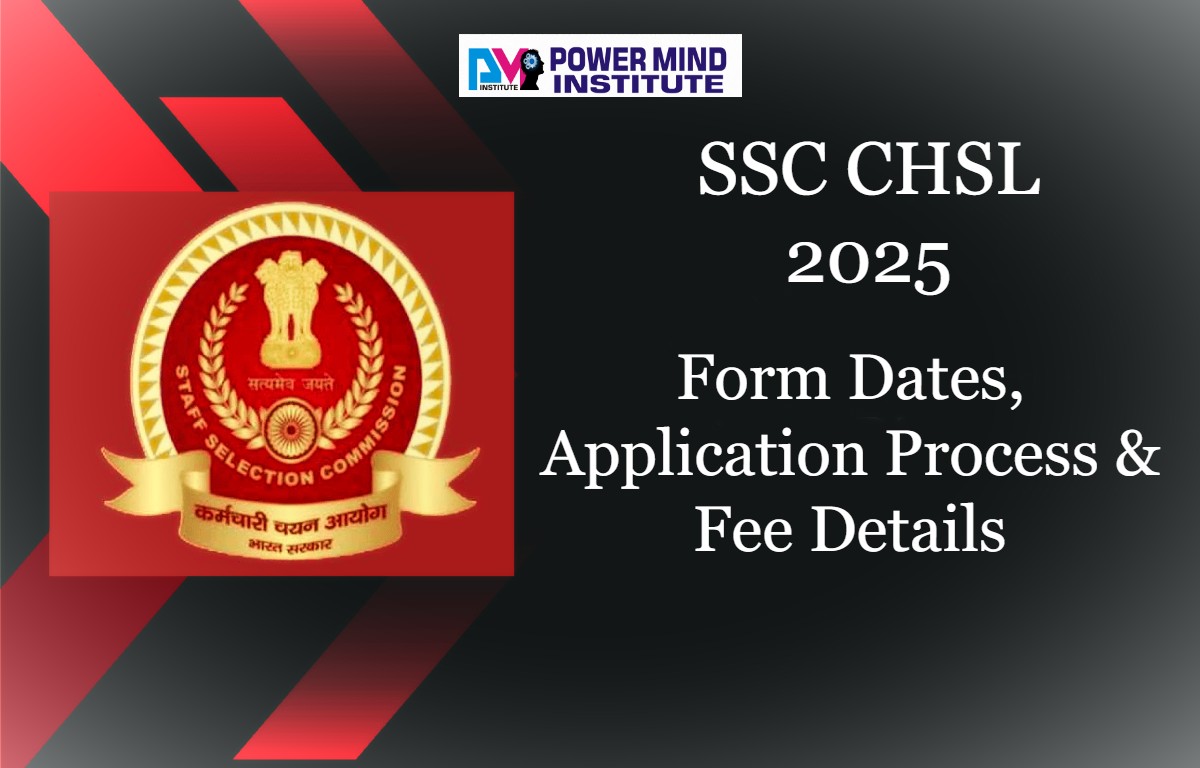One of the most popular competitive exams in India is the bank exam, which offers a steady career with alluring benefits and chances. However, passing these tests can be difficult because they call for both diligent study and astute planning. With so many applicants
Knowing what subjects to concentrate on when competing for a small number of positions will greatly increase your chances of success.
In addition to offering advice on how to improve your study technique, this article will go over the main subjects you should concentrate on when getting ready for bank exams. Institutions like Power Mind Institute, one of the top Bank coaching in Jaipur, provides specialized bank exams preparation programs if you're searching for expert advice and coaching.
Important Parts of Bank Exams
Typically, bank exams are divided into several sections that assess a range of abilities, including computer expertise, general awareness, reasoning, numerical ability, and English language proficiency. Let's go diving. Examine each of these parts in greater detail and note the key points.
Quantitative Aptitude
Most bank exams include a quantitative aptitude portion, which is very important to understand because it can significantly impact your result. It assesses your capacity for accurate and timely problem-solving and mathematical computation. Important subjects include:
- Number Series: Identifying patterns in number sequences.
- Simplification and Approximation: Basic calculations and approximations.
- Percentages, Profit, and Loss: Questions involving percentage-based calculations, profit margin, and loss.
- Averages, Ratios, and Proportions: Understanding average calculations and ratios.
- Time and Work: Questions on the efficiency of work when performed by individuals or groups.
- Data Interpretation (DI): Graphs, tables, and pie charts, where you need to extract and understand data.
- Time, Speed, and Distance: Issues on motion, speed, and distance.
Tip: You can increase your speed and accuracy in quantitative ability by practicing frequently and working through past years' papers.
Reasoning Ability
Another crucial component that assesses your capacity for logical thought and problem-solving is reasoning. Regular practice is crucial because the questions in this part can take a lot of time. Among the crucial subjects is: Syllogism: Assertions followed by conclusions.
- Direction Sense: Direction-based thinking questions.
- Blood Relations: Knowing how family members relate to one another.
- Ordering and Ranking: Inquiries concerning relative places within a sequence.
- Coding-Decoding: Examining and interpreting patterns and codes.
- Input-Output: Knowing how information moves according to a specific set of guidelines.
- Seating Arrangements and Puzzles: Assigning individuals to a specific order or pattern according to provided hints.
Tip: To improve your problem-solving abilities, start with simpler questions and work your way up to more difficult ones.
English Language
Your understanding, vocabulary, and grammar are assessed in the English section. Strong language skills are crucial because this portion will make it easier for you to score. Be well-prepared. The following are important areas to concentrate on:
- Reading Comprehension (RC): Comprehending the passage and responding to questions about it. Sentence correction is the process of locating and fixing grammatical mistakes in sentences.
- Fill in the Blanks: Adding the best word or phrase to complete phrases.
- Synonyms and Antonyms: Knowing what words mean and what they mean in reverse. The ability to recognize grammatical errors in sentences is known as "error spotting."
- Para Jumbles: Putting sentences in a sensible sequence.
Tip: To increase your reading comprehension and speed, read books, periodicals, and newspapers regularly.
General Awareness
The crucial General Awareness section assesses your understanding of banking, current events, and finance. Candidates are expected to remain current on a range of topics throughout bank exam subjects. Among the focus areas are:
- Current Affairs: News, accolades, and significant events on a national and worldwide level.
- Banking and Financial Awareness: Understanding of monetary policy, account kinds, the banking system, and current financial industry advancements.
- General knowledge: Of nations, capitals, currencies, significant dates, and national and international institutions is known as "static GK."
- Important Programs and Schemes: Government policies, welfare programs, and initiatives.
Hint: To stay current, develop the practice of reading daily newspapers, watching news channels, and using applications or websites devoted to banking awareness.
Computer Knowledge
Computer proficiency is a must for any bank exam in the current digital era. Even if this section's questions are simpler than those in earlier sections, it's still crucial to possess a fundamental knowledge of computers. Among the main subjects are:
- Basic Computer Terminology: Recognizing typical words about software, hardware, and the internet. Proficiency with Word, Excel, and PowerPoint is a must for using Microsoft Office.
- Internet and Networking: Fundamental understanding of search engines, browsers, and networking jargon.
- Banking Technology: Comprehending digital banking, online transactions, and fundamental banking systems.
Tip: Brush up on your fundamental computer skills and attempt to answer computer knowledge questions on online practice exams.
Additional Advice for Preparing for Bank Exams
1. Time Management: Effective time management is essential during the test. Practice answering questions in a predetermined amount of time.
2. Mock exams and Previous Papers: To gain an understanding of the format and time limits of the real exam, routinely complete mock exams and previous year's question papers.
3. Revision: To ensure retention and solidify your information, schedule regular revision time.
4. Remain Up to Date: Pay attention to current events, particularly in the months before the test.
Conclusion
A comprehensive comprehension of the subject and regular practice are necessary for bank exams. By emphasizing important subjects like general knowledge, English language proficiency, thinking skills, and numerical aptitude,
You can increase your chances of success by developing your computer skills and awareness. Recall that passing the bank exam is completely achievable with commitment and the appropriate strategy.
Institutions such as Power Mind Institute might be quite beneficial if you are serious about your preparation and require professional advice. The correct coaching can make all the difference when it comes to studying for any competitive exam, including the Railway, Bank, or others. I hope your preparations go well.

